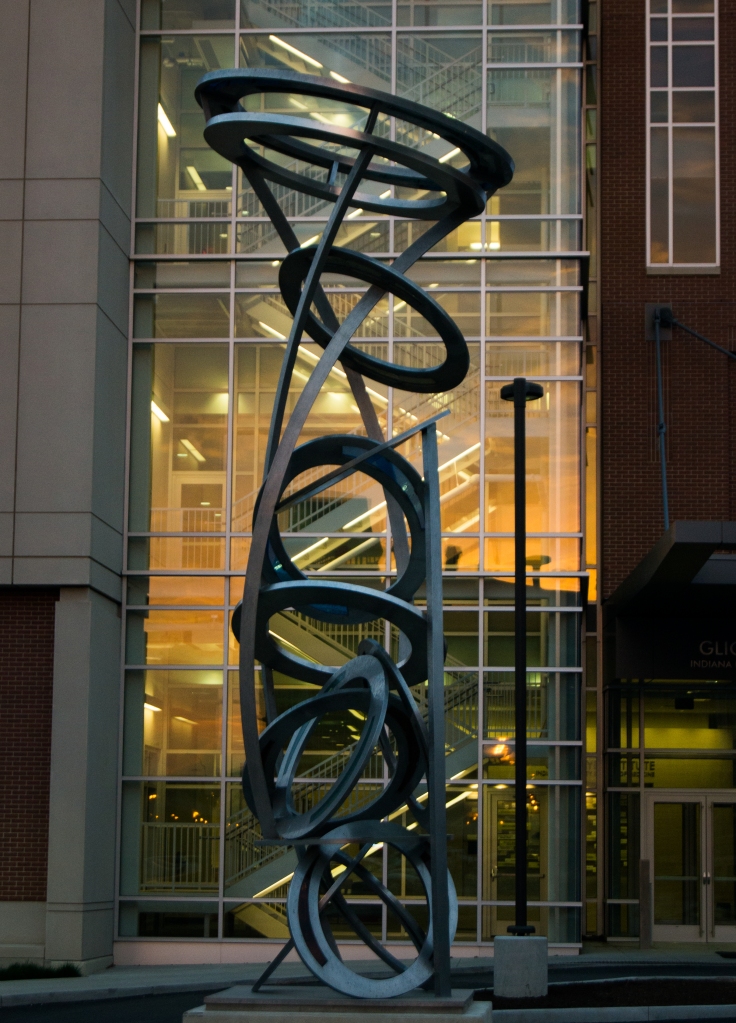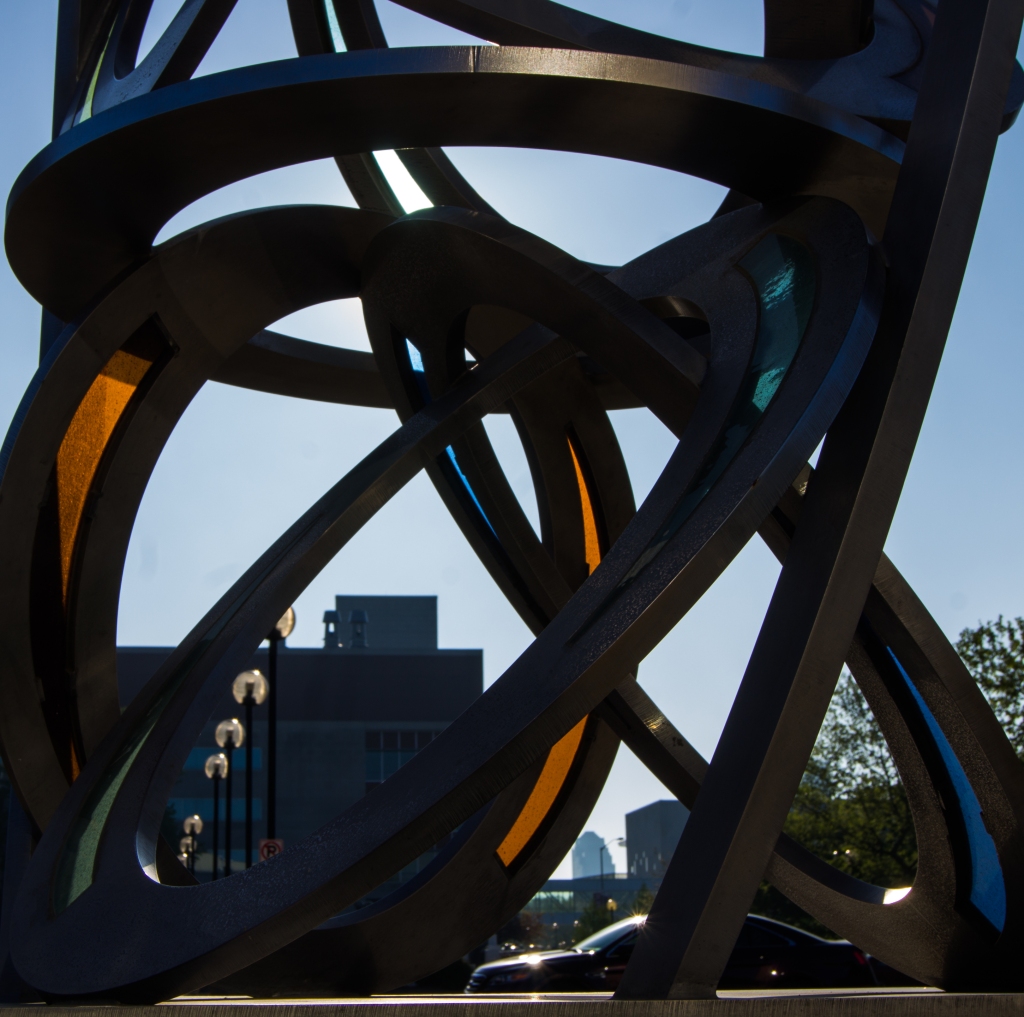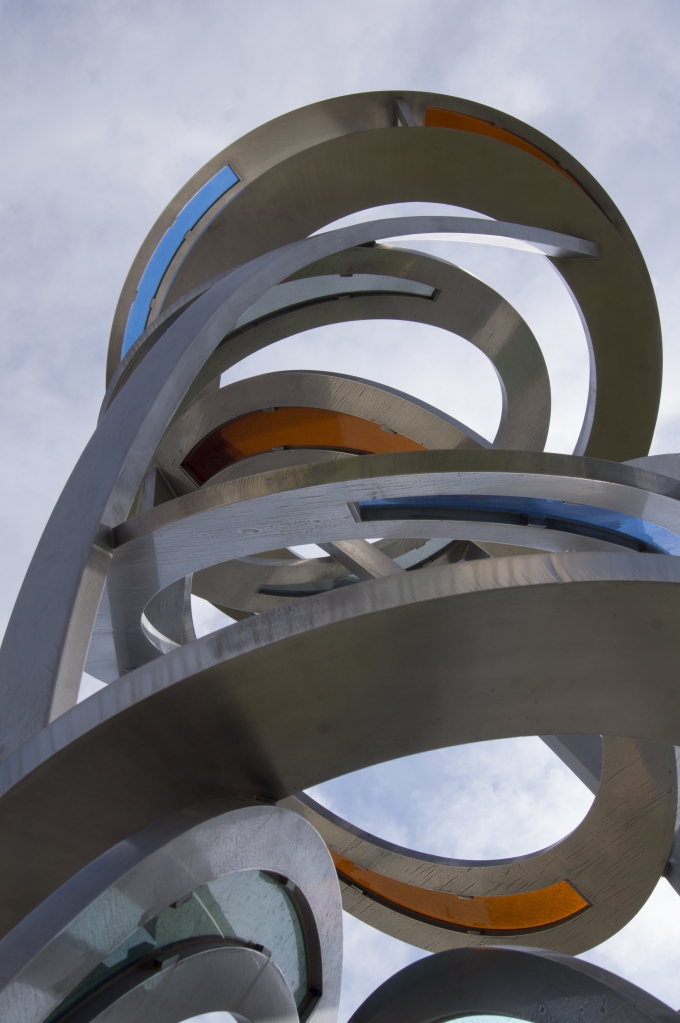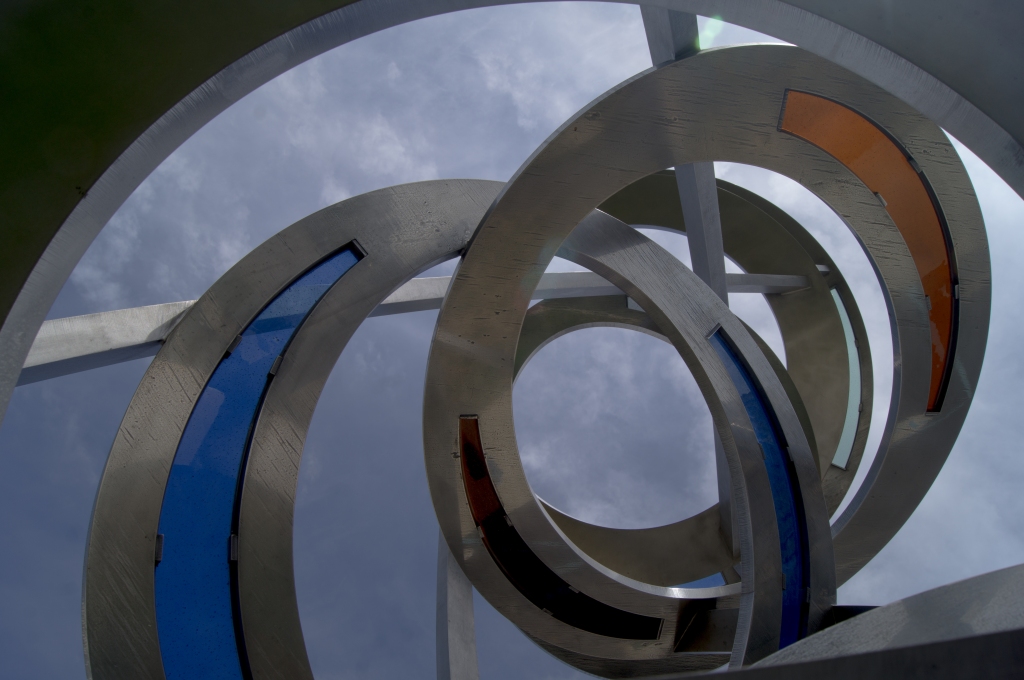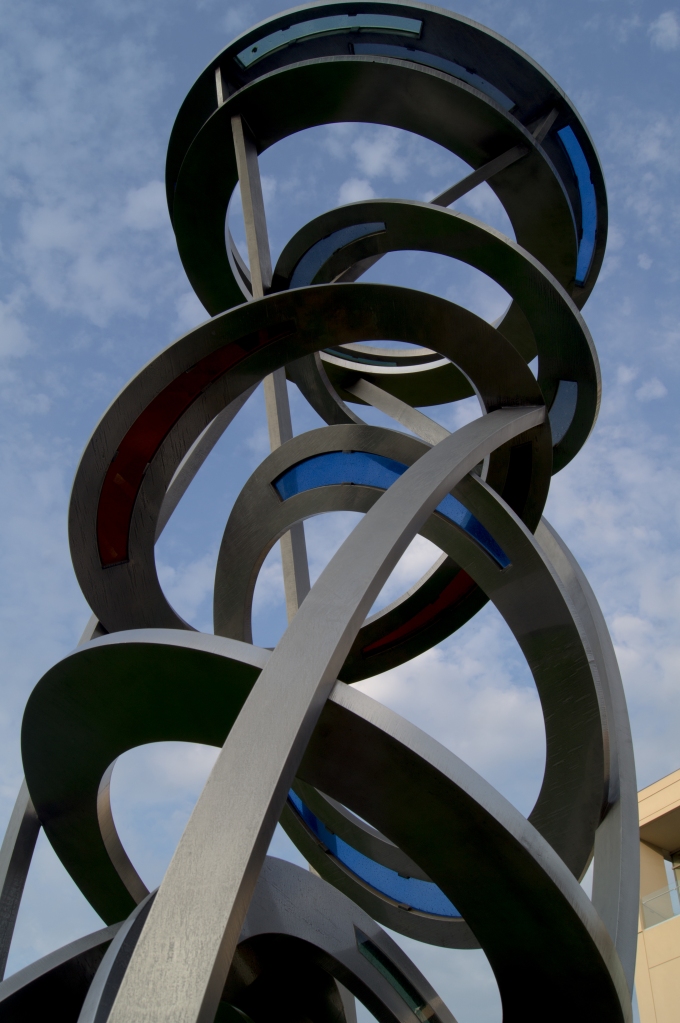Friends tell me I repeat myself. I’m even sometimes conscious of doing so. But the reason is when I read or see something new, or when the Spirit leads me in an unexpected direction, I have this passion to try to understand completely. Which is sometimes a recipe for disaster. Spiritual matters don’t lend themselves to understanding using tools I use for medical research, for example.
The new thing for me currently is the concept and implementation of Mutual Aid.
I look at the new things from many dimensions, hoping to discover something new in each.
There are the three dimensions of our physical world. I try to do something like rotating a hologram around each axis to more fully understand the object or idea. Part of the physical dimension is geographical. Where the object or idea might be located. On or within the Earth, under seas, in the skies, or somewhere in space, the universe?
If the location is on Earth, what community is at that location? Many of my most profound experiences in greater understanding happen when I am physically in a different community. Like inner city Indianapolis as part of the Friends Volunteer Service Mission(VSM). At the Kheprw Institute in another part of Indianapolis. Among the friends I made during the First Nation-Farmer Climate Unity March, both during the March and many times and places with them since the March. With new friends in the Des Moines Mutual Aid community.
Another dimension is that of time. With impacts like night versus day, or the season of the year, or the year in history.
The most important, and perhaps most difficult dimension is Spiritual. It takes patience, sometimes years, to hear and/or understand Spiritual leadings. My Grandmother, Lorene Standing, used to say the will of God is often revealed in a series of small steps.
Then when we hear a message, we have to determine how, or even if, we will respond. What we are asked to do might be very difficult or disruptive.
I’m uncomfortable when I share one of my experiences, afraid others will think I’m ‘calling attention to myself. But I think it is important that we speak from our own experiences. I like the way my friend Ronnie expresses this: “brag, brag, blah, blah”.
In my early twenty’s (1970) I moved to Indianapolis, and was horrified by the foul air (this being before catalytic converters). I had a vision of my beloved Rocky Mountains hidden behind clouds of smog. At that moment I knew I must find ways to reduce my contributions to that foul air. I decided I could not own a car, and haven’t since. I did accept rides, and on occasion rented cars, but did the best I could.
This has been frustrating to watch year after year. Nearly everyone I talked with about this would say, “I know I shouldn’t have a car, but…”. I’ve tried not to judge those who have cars. Since retiring to a small town in Iowa, I find it much more difficult to reduce car use.
I will say, if we had insisted on building excellent city and interurban mass transit systems instead of going with personal cars, we would not be experiencing the numerous problems related to greenhouse gas emissions now. Including mass extinction and accelerating, intensifying environmental chaos.
If people would not have said, “I know but…”, we wouldn’t be facing this evolving environmental catastrophe.
This does make me try to be more aware of what Spiritual messages I might have heard, but didn’t follow.
How did I end up here (rhetorical)? I thought I was going to be writing about what I’ve been learning about Mutual Aid. As I thought about what I am learning, I became aware of these patterns above, that I’ve used when I focus on something new to me.
To “illustrate”, below are some of the over one thousand photos I took of the “Open Eyes” sculpture on the Indiana University Medical Center campus where I spent my career.
As layoffs and lockdowns free up our time and mental energy, we can put energy daily into building relationships that can birth more equitable ways of being through genuine human connection and opportunities for empowerment, agency, self-determination and rebirth. The old structures and false solutions do not provide the promise of equity. At this moment, we need brave new connections that begin to pave the way for a better path forward.
Imhotep Adisa
Continue to push for something different
How can we create some processes and procedures to mitigate inequity in our social, legal and economic structures? How can we begin some conversations about creating a system that is equitable? What can each of us do in the present to advance equity in our society? And how do we continue to fight for equity during these difficult times?
First and foremost, all of us, every last one of us, must engage others in our work, home and play spaces to have honest, open and authentic conversations around the issue of inequity. Some of us, particularly those in positions of power, must have the courage and strength to look more deeply at the inequitable structures that exist within their own organizations and institutions.
The real courageous ones must begin to look at and change policies, processes and cultures that prevent creating more equitable institutions. For example, we need to begin to internally reward staff and departments that take tangible action to address the equity question and create consequences for those that don’t. We must engage in these difficult conversations which can help us have a better understanding of ourselves, others and our history as we seek to build structures with the possibility for equity.
As layoffs and lockdowns free up our time and mental energy, we can put energy daily into building relationships that can birth more equitable ways of being through genuine human connection and opportunities for empowerment, agency, self-determination and rebirth. The old structures and false solutions do not provide the promise of equity. At this moment, we need brave new connections that begin to pave the way for a better path forward.
Imhotep Adisa is the executive director and co-founder of the Kheprw Institute, a nonprofit organization focused on empowering youth and building community wealth in Indianapolis.
Is Equity Possible in a World Post-COVID19? Indianapolis Recorder





